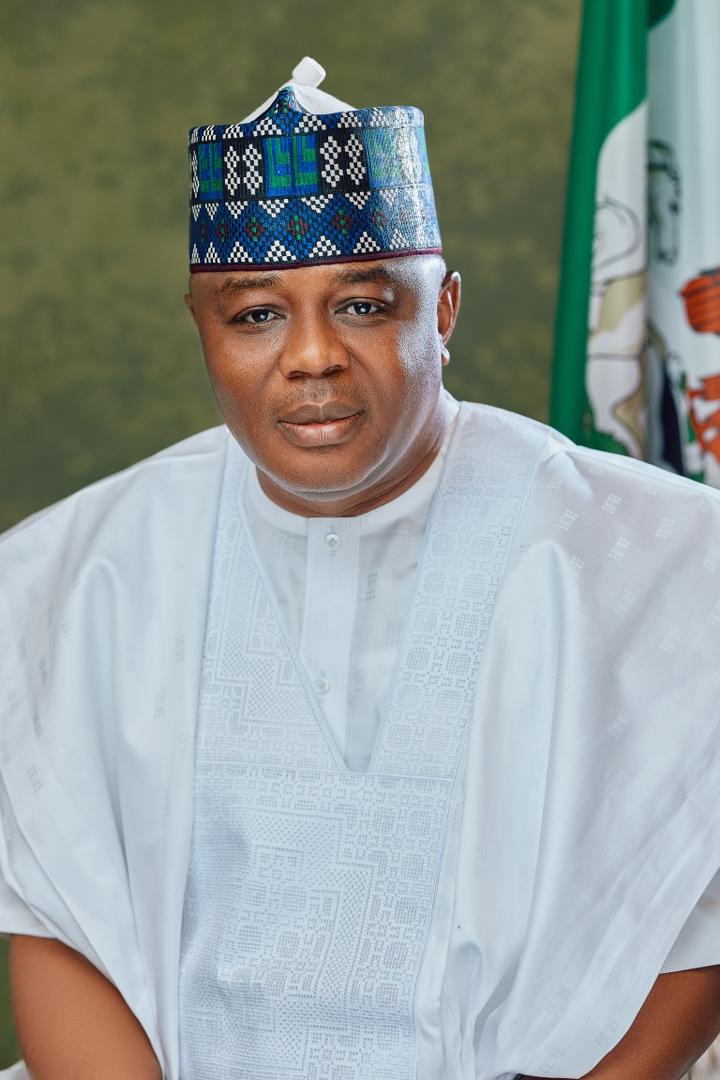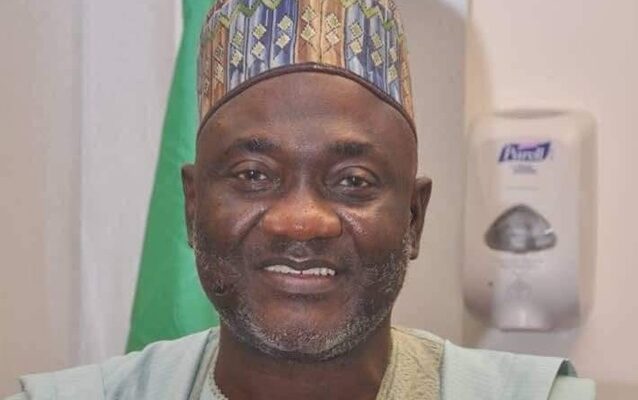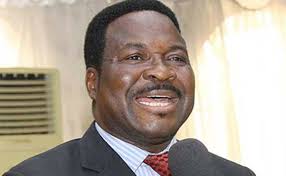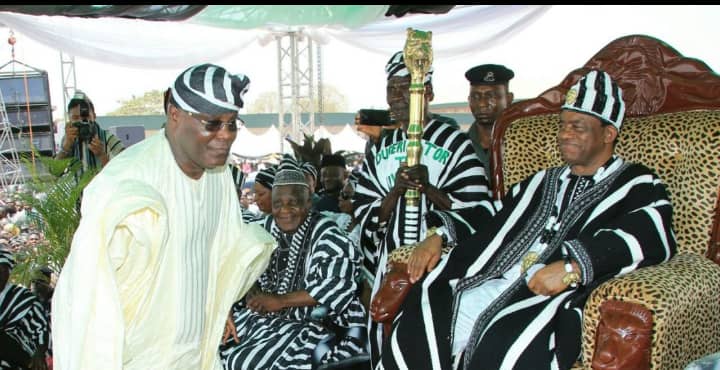By Demola Olugbenga
The race for the Speakership of the House of Reps in the 10th National Assembly is gathering steam by the day with no less than 8 members indicating interest for the coveted office.
With about a month to go for the new president to send the proclamation and the convening of the first session, speculations have remained rife as to where the Speakership should be zoned to and those who should occupy which offices.

The irony of the decision-making, which largely rests with the All Progressives Congress as the party with the majority in the Green Chamber albeit the Red Chamber, has been all motion with no movement which in some ways is good for democracy.
Owing to precedents in which the ruling party lacks the direction and will to enforce its objectives, it would only be meaningful for the APC to without delay allow members-elect decide on their principle officers to avoid the embarrassment and slapstick it got during the Bukola Saraki saga in the Senate and Yakubu Dogara in the House of Reps in 2015.
The significance of the legislature in a representative democracy as ours cannot be overemphasized, reason why it requires its independence and its offices occupied by individuals with requisite legislative experience, courage, discipline and skill.
The attempt to usurp the right of member-elect to determine the trajectory of the 10th House stands against not only the democratic principle of separation of powers, but also the arguments for an open field in the APC presidential primaries that produced the president-elect, Asiwaju Bola Ahmed Tinubu.
If the APC allowed an open field in the presidential contest even when it touted that it had zoned the presidential ticket to the South, why did it sell forms to the out-going Senate President Ahmed Lawan and some others outside the South? The party that claims that its members have the democratic right to aspire and realise their ambitions must like Caesar’s wife show that it is above board and provide a level playing field for all qualified members to run for the Office of Speaker.
The most unique responsibility of the legislature is that it represents the collective will of the people, as the various constituents units are represented. The legislature is a deliberative body of persons, usually elected, who are empowered to make, change, or repeal the laws of a country, or state, the branch of government having the power to make laws, as distinguished from the executive and judicial branches. What makes the legislature distinct from other arms of government? The legislature is saddled with the power to debate on all issues and pass laws that are implemented and interpreted by the executive and the judicial arms. The legislature is a product of the mass action of the electorate in whom sovereign power reside. The legislature has oversight power, it has the authority to monitor implementation of legislation.
So, for the incumbent Speaker to seek to mortgage this core value of the House with a handpicked successor undermines the support of those who gave their all to him to become Speaker and remain so throughout. It further, eloquently so, confirms the maxim that power corrupts, absolute power corrupts absolutely. Here is Speaker Femi Gbajabiamilia that was routed by Hon. Yakubu Dogara in his first incarnation to be Speaker and with the party apparatchik behind him.
When he sought for the office again, lawmakers like Hon. Aliyu Betara, dismissed their own intent, threw their weight in manpower and resources to see him defeat all other aspirants then. At that time, the party left the door open for all to run that was why Hon. Umar Bago from the North Central ran in a position that should have been exclusively for the South West.
If the party did not break then, it would not undermine its authority to allow the peoples’ representatives to determine the destiny of the 10th House of Reps by electing those fit and proper for the various offices especially for the Speakership.
The resort to desperate, retrogressive, and barbaric underhand tactics by the House leadership and external actors endorsing certain individuals who lack the capacity, will only end up having a weak, pliant and rubber stamp House that will lack the capacity to demand accountability and legislate for the common interest and good of the Nigerian People.
If anything, one man has distinguished himself as the bridge builder, a robust but taciturn strategist and team worker to reposition the House for deliberate and responsive legislative action, that man is Hon. Muktar Aliyu Betara.
Betara, Chairman, House Committee on Appropriations, widely regarded as the Prince of the House of Reps, is self-effacing, deliberate, goal-oriented with deep legislative pedigree having being first elected in 2007 to represent Biu/Bayo/Shani federal constituency of Borno state.
As a man of the people, Betara has exceeded expectations in his constituency in terms of constituency projects execution, empowerment and effective representation. Little wonder that his constituents returned him to continue his impressive legislative duties for an unprecedented fifth term. His fellow lawmakers agree across party lines that he epitomizes intelligence, capacity and foresight in his legislative duties.
At a time of such as this that requires officers of deep legislative experience and teamwork, Hon. Betara fits the credentials and more to be the architect of the 10th House of Reps Speaker for the greater good of party and country.
The American author and leadership expert, John Maxwell, opines and rightly so, that “everything rises and falls on leadership.” Nothing best exemplifies this than the staggered development of our country, Nigeria. And for the country to have a new direction, then we need a Speaker with inherent legislative qualities such as Hon. Betara that can work with the new government in a manner that does not border on compromise, but respect, integrity and democratic values of progress, growth and good laws for our country.
Olugbenga, a public affairs analyst writes from Abeokuta, Ogun state.
degbenga@aol.com




